These EVs Are Discontinued for 2026

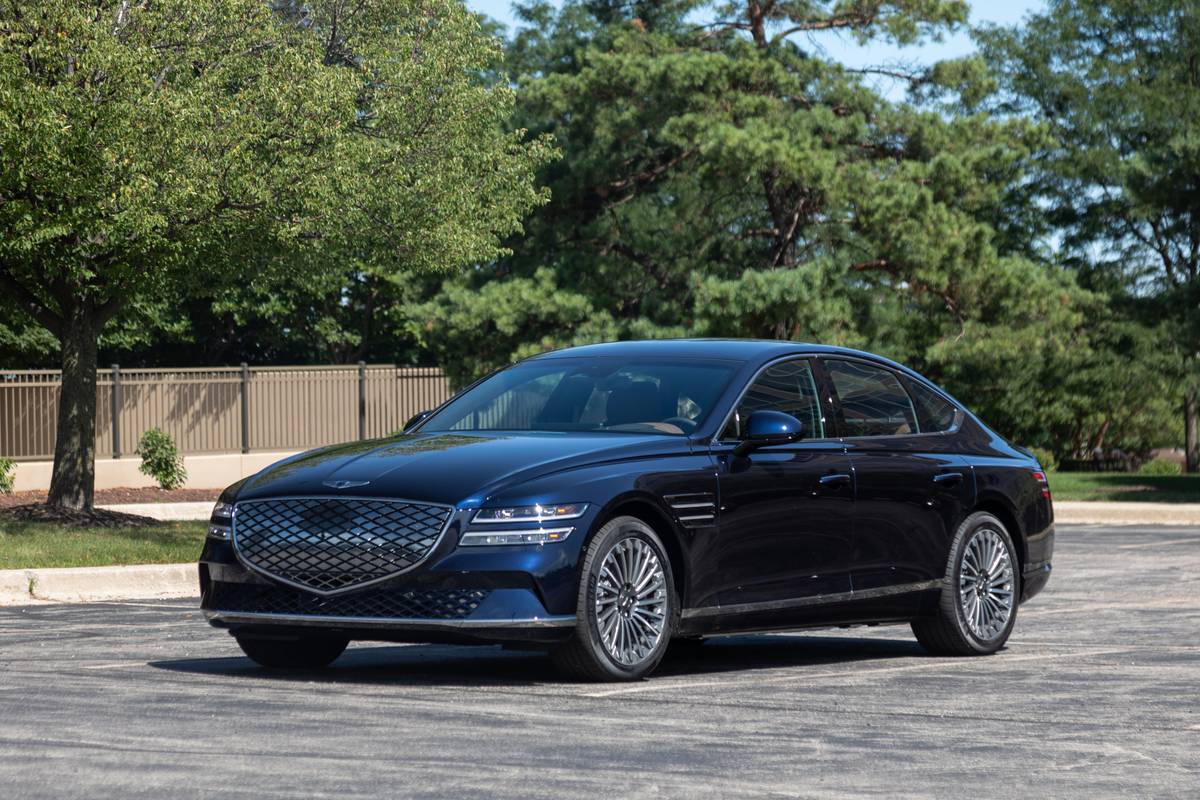
Key Points
- These electric vehicles have been discontinued so far for the 2026 model year: Acura ZDX, Genesis Electrified G80 and Nissan Ariya.
- Plans for these electrified vehicles have been scrapped: Dodge Charger Daytona SRT Banshee, Ford three-row SUV, Honda three-row SUV, Jeep Gladiator 4xe, Nissan electric sedans, the all-electric Ram 1500 REV and the Volkswagen ID.7.
- Slow sales, impending tariffs and a shifting EV landscape are to blame for many of the canceled models and trims.
The year 2025 has not been a calm or stable one for electrified vehicles. The Trump administration’s EV-negative policies have spelled the death of the $7,500 federal EV tax credit, and demand for these vehicles has taken a hit, too. The uncertain market combined with impending tariffs has majorly affected automakers’ short- and long-term product and manufacturing plans, and some EVs planned to debut in the next couple of years have been scrapped. Below is a list of EVs that we won’t get to see, as well as the current EVs that have been discontinued for the 2026 model year.
Related: These Cars Have Been Discontinued for 2026
These Current EVs Are Discontinued
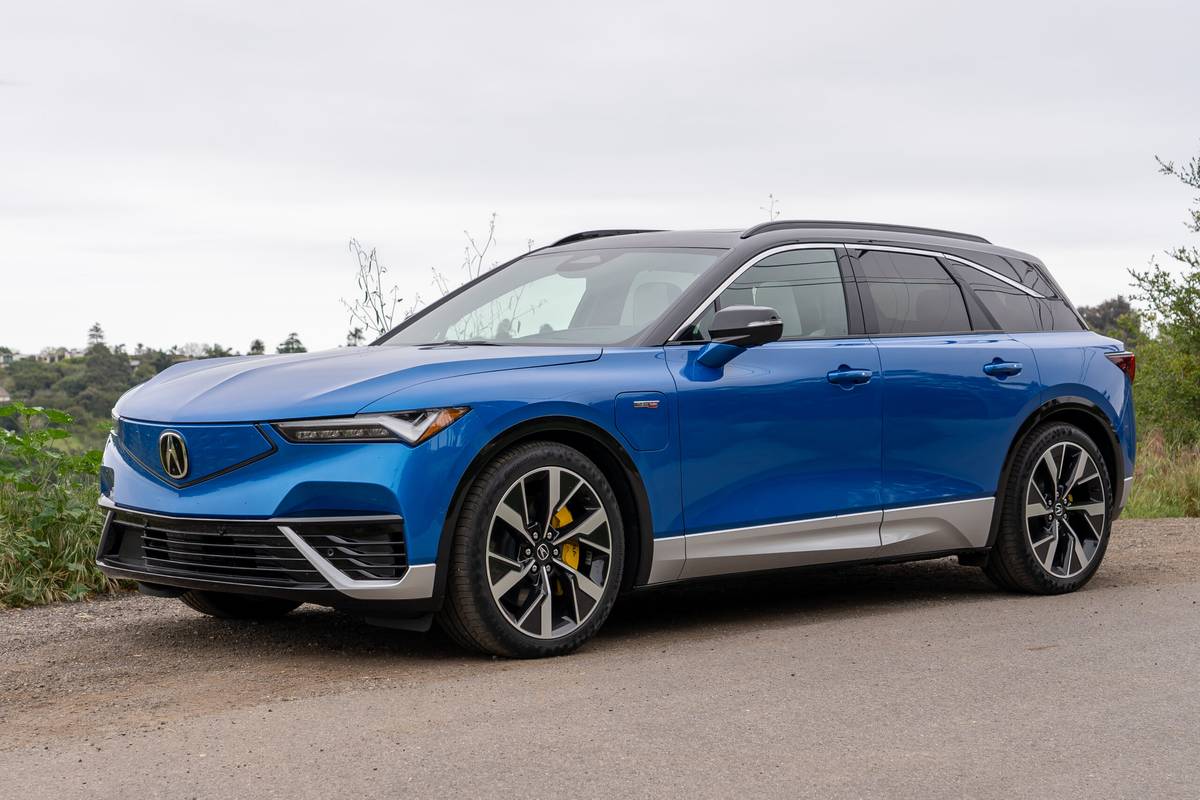
Acura ZDX
Acura’s all-electric ZDX SUV has been discontinued after just one model year. It’s not the first time, either; the original gas-powered ZDX lasted only for four model years and was more popular than the EV version. The ZDX was the only EV in Acura’s lineup, but it won’t be the last, as the brand plans to launch a new EV based on the RSX Prototype.
Genesis Electrified G80
After a short three-model-year run, the Genesis Electrified G80 sedan has been canceled for the U.S. despite a refreshed-for-2026 version planned for global markets. The Electrified G80 was built in South Korea, so it wasn’t eligible for any tax credits but could be caught in the tariff crossfire due to its foreign production.
Slow sales are also to blame: According to Automotive News, the luxury electric sedan’s monthly sales are down 77% compared to last year, with only 10 Electrified G80’s sold in July.
Nissan Ariya
Nissan teased the arrival of its Ariya electric SUV for more years than it actually existed. Nissan decided to axe the Ariya EV after just three model years due to weak sales, ongoing import tariffs and the end of the $7,500 federal EV tax credit. The Ariya joined the Leaf in the automaker’s EV lineup but never achieved much popularity, and even though Nissan cut prices, inspiring some sales growth in the first half of 2025, production is ending for the model.
These Electrified Vehicles Will Never Get a Chance
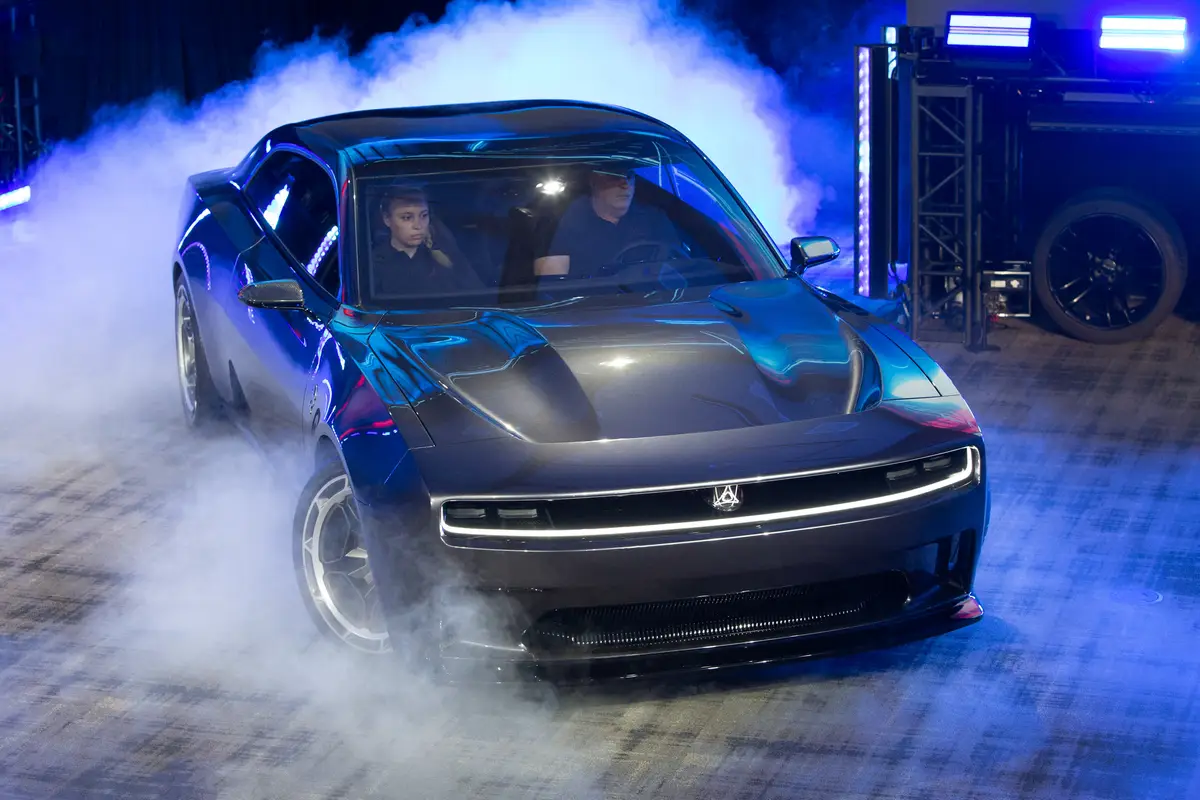
Dodge Charger Daytona SRT Banshee
While the Dodge Charger Daytona soldiers on into 2026, the electric muscle car’s trim lineup has been gutted with the cancellation of the base Daytona R/T variant as well as the range-topping SRT Banshee trim. The SRT Banshee was supposed to sport an 800-volt battery architecture, two-speed transmission and lightning-quick acceleration, but in a total lineup reversal, Dodge is instead adding more V-8s to its stable in place of EVs. According to Mopar Insiders, slow Charger Daytona sales, softening EV demand and consumer backlash have prompted the brand to pull back on its EV strategy.
Ford 3-Row Electric SUV
For a while, the Kia EV9 and related Hyundai Ioniq 9 were the only mainstream three-row all-electric SUVs out there — and it looks like they’ll continue to corner that market in the short term, as Ford’s planned three-row electric SUV competitor has been canceled. InsideEVs reports that the automaker announced it would initially delay the 350-mile battery-powered SUV but has now decided to kill production and shift its strategy to include more hybrids.
“In addition to adjusting the cadence of product launches and realigning battery sourcing, Ford now plans to leverage hybrid technologies for its next three-row SUVs,” the automaker said in a statement.
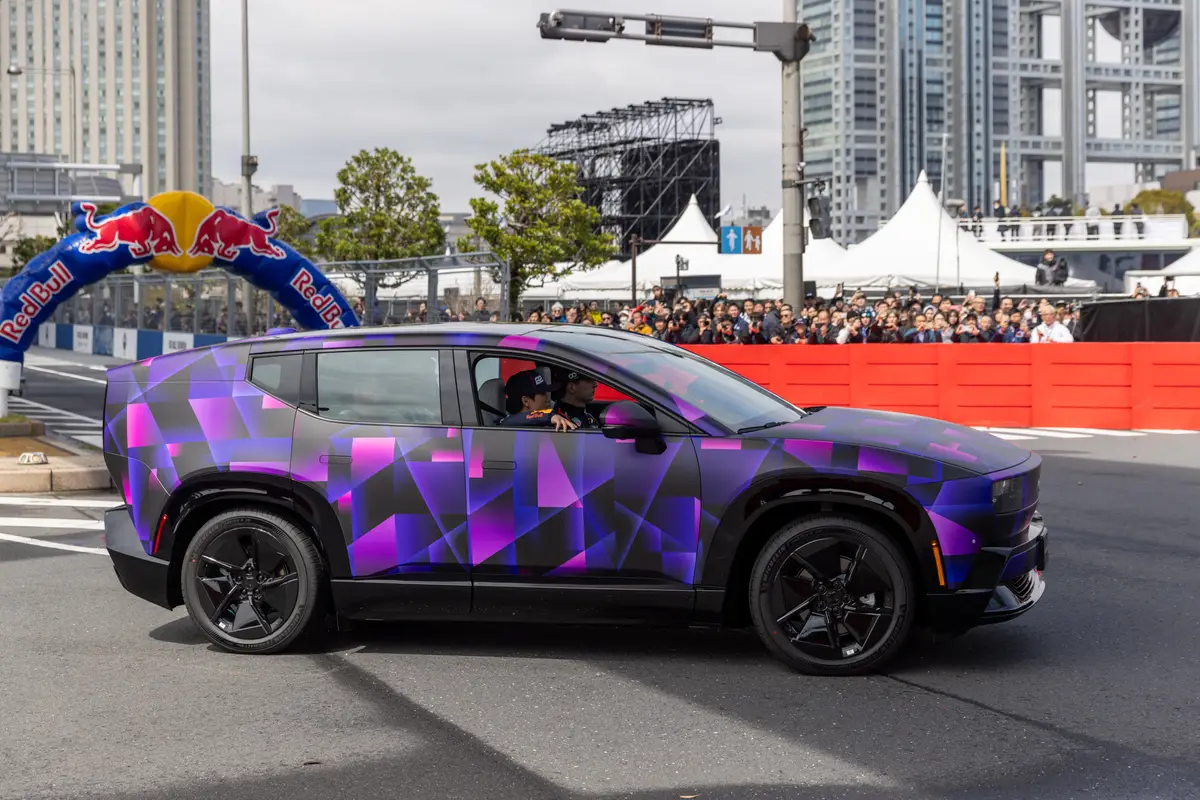
Honda 3-Row Electric SUV
Similarly, Honda’s electric family hauler also won’t see production due to a shift away from a planned EV-heavy lineup and toward more hybrids. InsideEVs reports that the three-row SUV was likely to be based off the Honda 0 Prototypes, which debuted at the 2024 Consumer Electronics Show. For now, Honda will continue to offer just one EV, the two-row Prologue SUV developed in partnership with GM.
Jeep Gladiator 4xe
The plug-in hybrid version of Jeep’s Gladiator pickup truck has gone to the big off-road park in the sky. Jeep announced the Gladiator 4xe in September 2024 and promised a late-2025 on-sale date; however, as with the Charger Daytona SRT Banshee cancellation, Jeep cited weakening EV demand as well as slow Gladiator sales as reasons to pull the plug, per InsideEVs. For now, there are two 4xe plug-ins left in Jeep’s lineup: the Wrangler and Grand Cherokee models, with the range-extended Grand Wagoneer on the way.
Nissan Electric Sedans
Nissan is canceling plans to make a pair of electric sedans, according to Automotive News. With softening EV demand compounded by a steep decline in sedan sales, it’s not surprising that the automaker put these cars on the shelf. This comes on the heels of Nissan announcing the cancellation of its 2026 Ariya compact electric SUV due to slowing EV sales, ongoing import tariffs and the end of the EV tax credit. The redesigned 2026 Leaf will be the only electric Nissan on sale in the U.S. for the new model year.
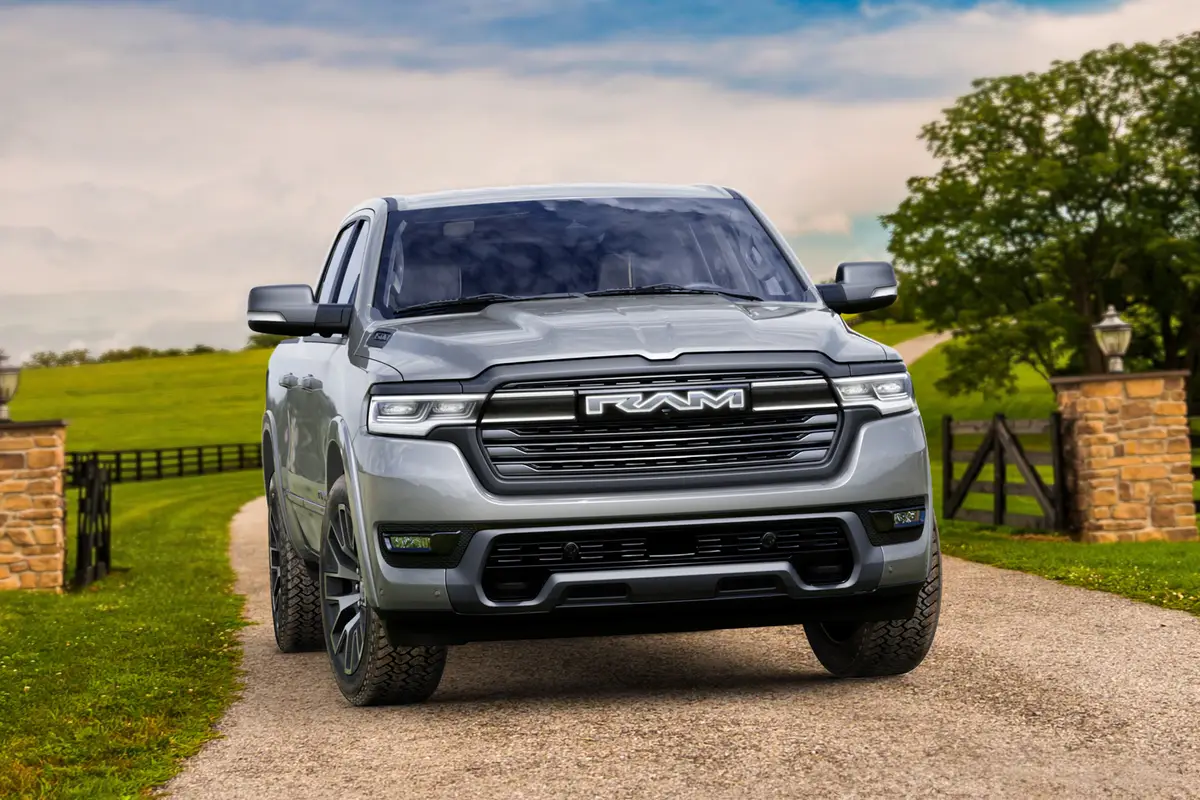
Ram 1500 REV
Stellantis (Alfa Romeo, Dodge, Fiat, Jeep and Ram’s parent company) has a third vehicle on this list. Ram has canceled the all-electric 1500 REV pickup truck. The Ford F-150 Lightning challenger was expected to have two battery options that offered 350-500 miles of estimated max range. In January, Ram announced that only the 350-mile-range version would be coming when the pickup made its debut for 2026. Now, the automaker is canceling plans altogether.
“As demand for full-size battery-electric trucks slows in North America, Stellantis is reassessing its product strategy and will discontinue development of a full-size BEV pickup,” the automaker said in a statement. Instead, Ram will focus on a range-extended electric pickup, which uses a gas generator in addition to a battery and has now been renamed the, well, 1500 REV.
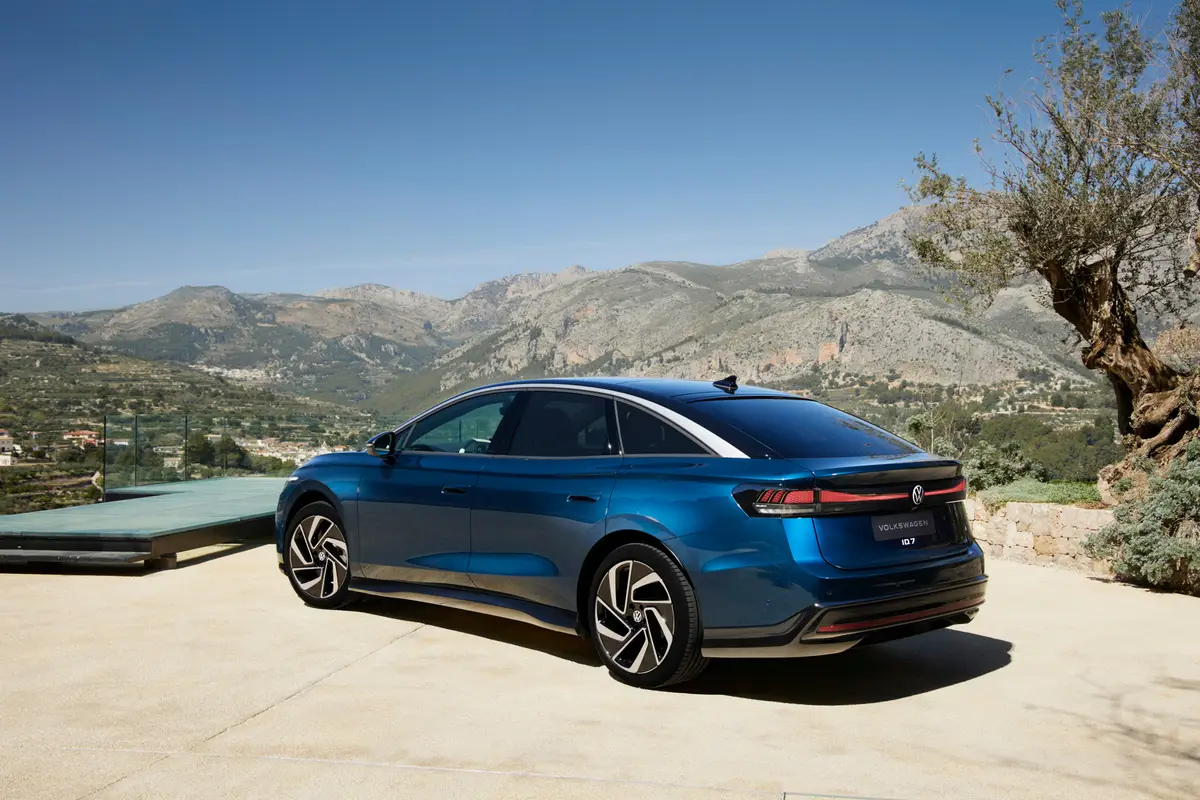
Volkswagen ID.7
Volkswagen has long teased the arrival of its mid-size electric sedan, but it turns out the ID.7 is a no-show. It was supposed to go on sale in 2025 with 300-plus miles of range and go head-to-head with the Hyundai Ioniq 6. But according to Fast Company, the cancellation just affects the North American market; the ID.7 has already launched in both Europe and China. With the ID.7 out, Volkswagen’s EV lineup shrinks to just two models: the ID.4 electric SUV and ID. Buzz minivan.
Read More EV News Coverage on Cars.com:
- How Are Automakers Responding to Trump’s Tariffs?
- Here Are the 11 Cheapest Electric Vehicles You Can Buy
- What to Know Before Purchasing an Electric Vehicle: A Buying Guide
- What to Know Before Buying a Used Electric Car
- Find Your Next Car
Related Video:
Cars.com’s Editorial department is your source for automotive news and reviews. In line with Cars.com’s long-standing ethics policy, editors and reviewers don’t accept gifts or free trips from automakers. The Editorial department is independent of Cars.com’s advertising, sales and sponsored content departments.

News Editor Jennifer Geiger joined the automotive industry in 2003, much to the delight of her Corvette-obsessed dad. Jennifer is an expert reviewer, certified car-seat technician and mom of three. She wears a lot of hats — many of them while driving a minivan.
Featured stories

This or That: 2026 Honda Passport TrailSport Elite Vs. 2025 Toyota 4Runner TRD Off-Road Premium

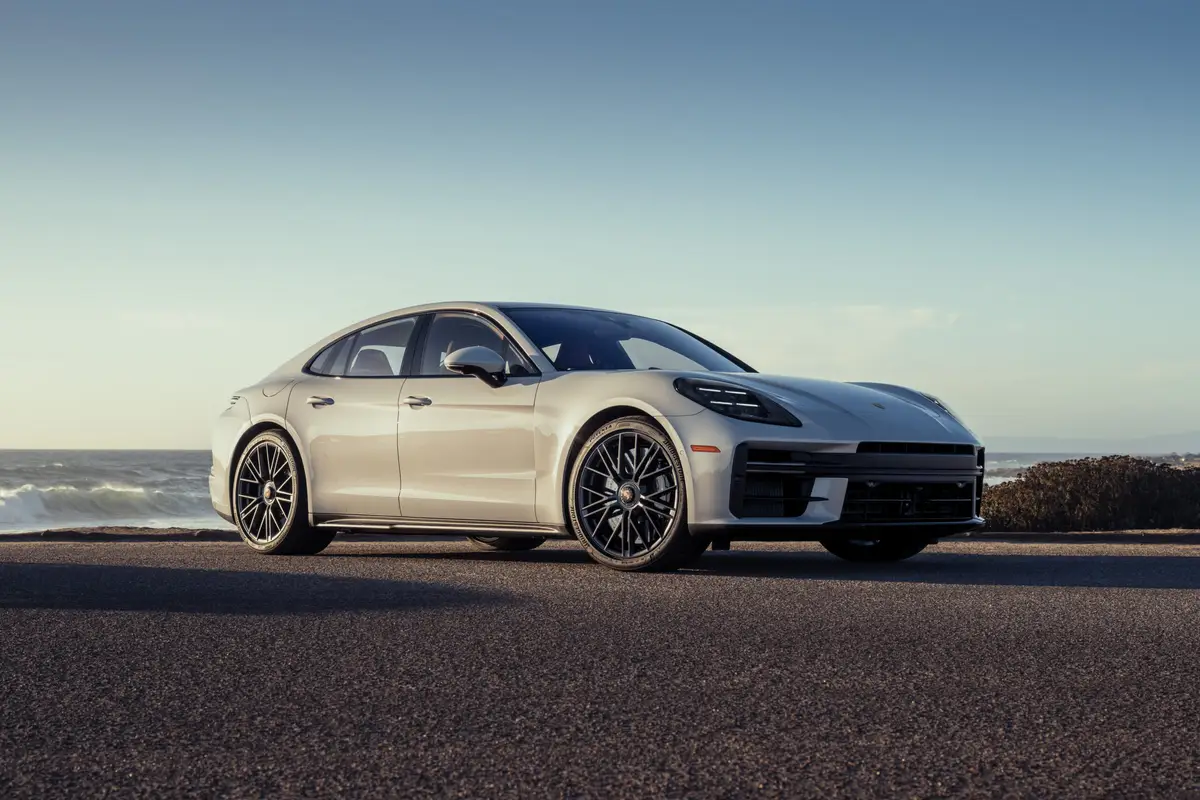
2025 Porsche Panamera GTS Review: Continental Cruiser

